Only 6 Albums Reached Number One in 1978: Here’s Why
by Greg Brodsky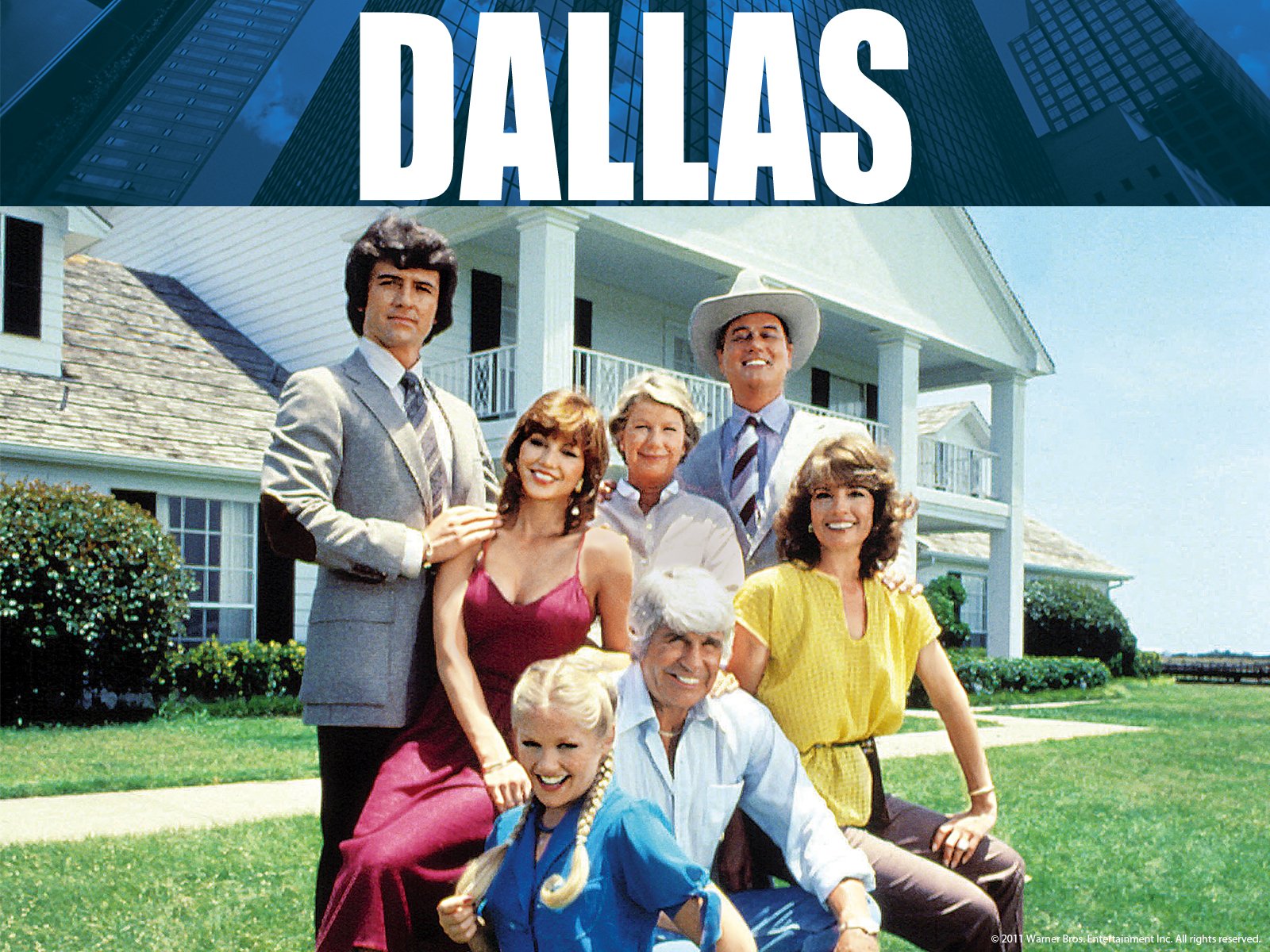
The Ewing Family began its lengthy TV run in 1978.
1978 had no shortage of memorable headlines. The TV soap, Dallas, debuted the first of its 357 episodes on April 2. The next night, Annie Hall won the Academy Award for Best Picture. The serial killer known as the “Son of Sam,” was sentenced to 365 years in prison.
Keith Moon died at the age of 32. The so-called “Lufthansa Heist” took place on Dec. 11 at New York’s JFK Airport. It would later become a key plot element in the 1990 film, Goodfellas.
Two soundtracks, both double albums, and from the same label, accounted for a whopping 41 weeks at the top of the Record World sales chart. Both were from films that starred John Travolta who became the hottest actor on the planet. The two films were produced by the same executive and their success was largely fueled by their catchy singles that dominated Top 40 radio.
Their success blocked many classic rock bands from the #1 spot that year. Here’s a recap of 1978’s chart topping albums in the U.S.; listings are in reverse order, saving the longest-running title for the end. [Note: A few titles that didn’t reach #1 on Record World, hit the top on its rival, Billboard.]
The Rolling Stones – Some Girls (1)
What a great album! It was released on June 9, and had it been issued any other year, it would’ve likely stayed at #1 for weeks. It still sounds fresh, with great songs like “Miss You,” “Shattered,” “Beast of Burden,” “When the Whip Comes Down,” and their cover of “Just My Imagination (Running Away With Me).”
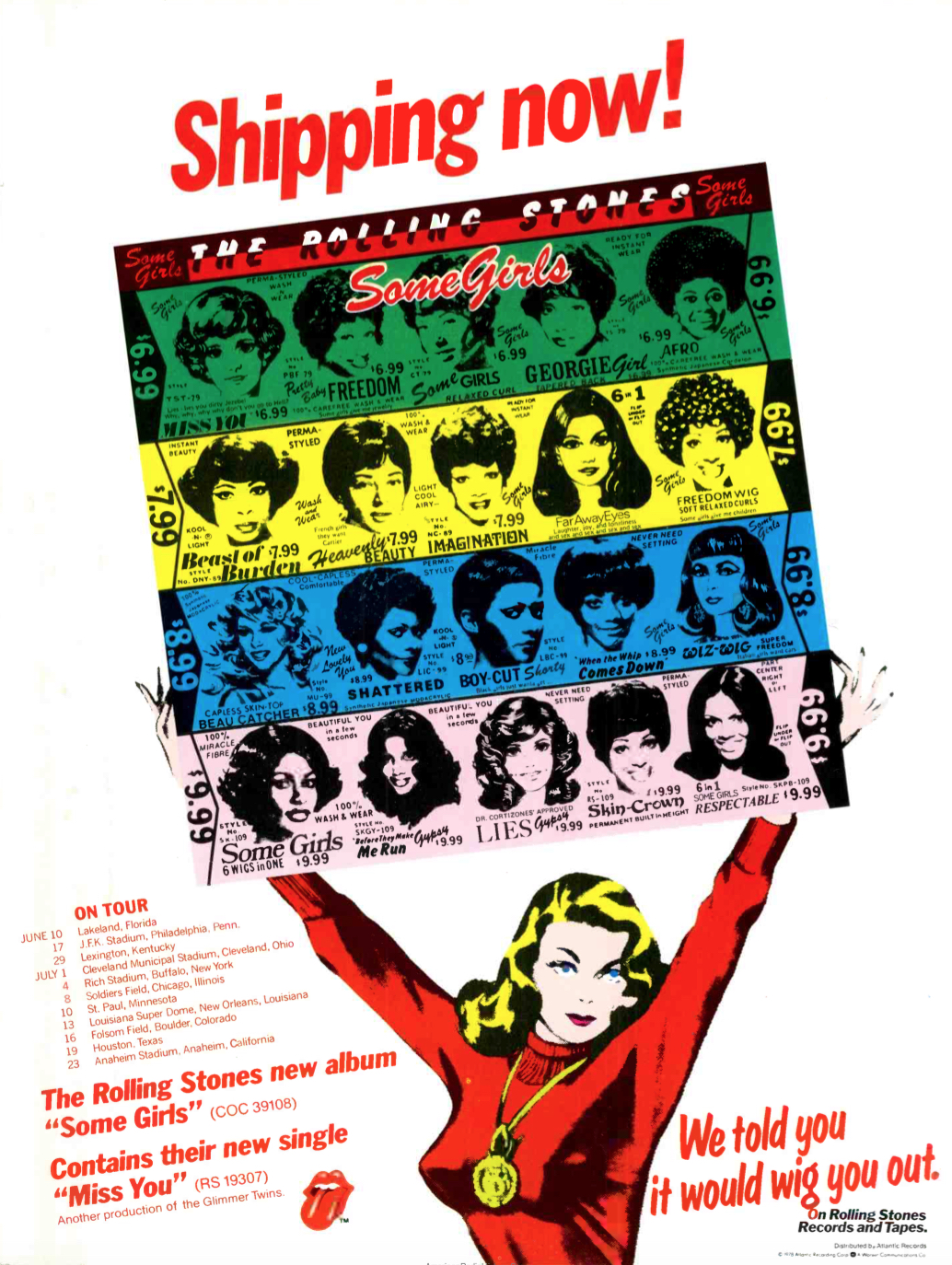
This ad for Some Girls appeared in the June 24, 1978 issue of Record World.
Instead, after reaching the top in its fourth week, on July 15, it dropped to #2, staying there for five weeks.
Some Girls‘ initial album cover was the subject of threatened legal action when its art director included the faces of many female celebrities, including Farrah Fawcett, Raquel Welch and Marilyn Monroe. It was quickly replaced with a redesigned die-cut cover sans the A-List females.
Fleetwood Mac – Rumours (2)
This Big Mac deserves an asterisk of sorts, for it ended 1977 with 31 weeks at the top and then collecting two more in the first two weeks of ’78. It continued to hang around near the top, of course, because, as you’ll recall, it was required that everyone own a copy.
Barbra Streisand’s Greatest Hits Volume 2 (2)
Released for the holiday sales season on November 15, and powered by a new version of “You Don’t Bring Me Flowers,” her #1 duet with Neil Diamond, the collection hit the top for the last two weeks of the year. This volume also includes her #1 singles from The Way We Were (the title cut) and A Star is Born (“Evergreen”).
Billy Joel – 52nd Street (6)
The Piano Man had broken through a year earlier with The Stranger which just missed the top, peaking at #2. This time, with Side One’s radio-friendly tunes “My Life,” “Big Shot” and “Honesty,” Joel earned his first of four #1 albums. It was an instant success, thanks to the “Big Mo.” The Oct. 13 release hit the top on Nov. 11 and stayed there for six weeks in all. (It went on to earn the Grammy Award for Album of the Year in 1980.)
Grease: The Original Soundtrack From the Motion Picture (16)
It’s hard to believe, but this musical film was released only six months after SNF. (To the day: June 16, 1978 vs. Dec. 16, 1977.) The Grease soundtrack preceded the film by two months but at the time of the film’s debut it had stalled at #23.
Five weeks later, with the momentum of the blockbuster film and four enormous singles, it reached #1 where it stayed and stayed, for 16 weeks in all.
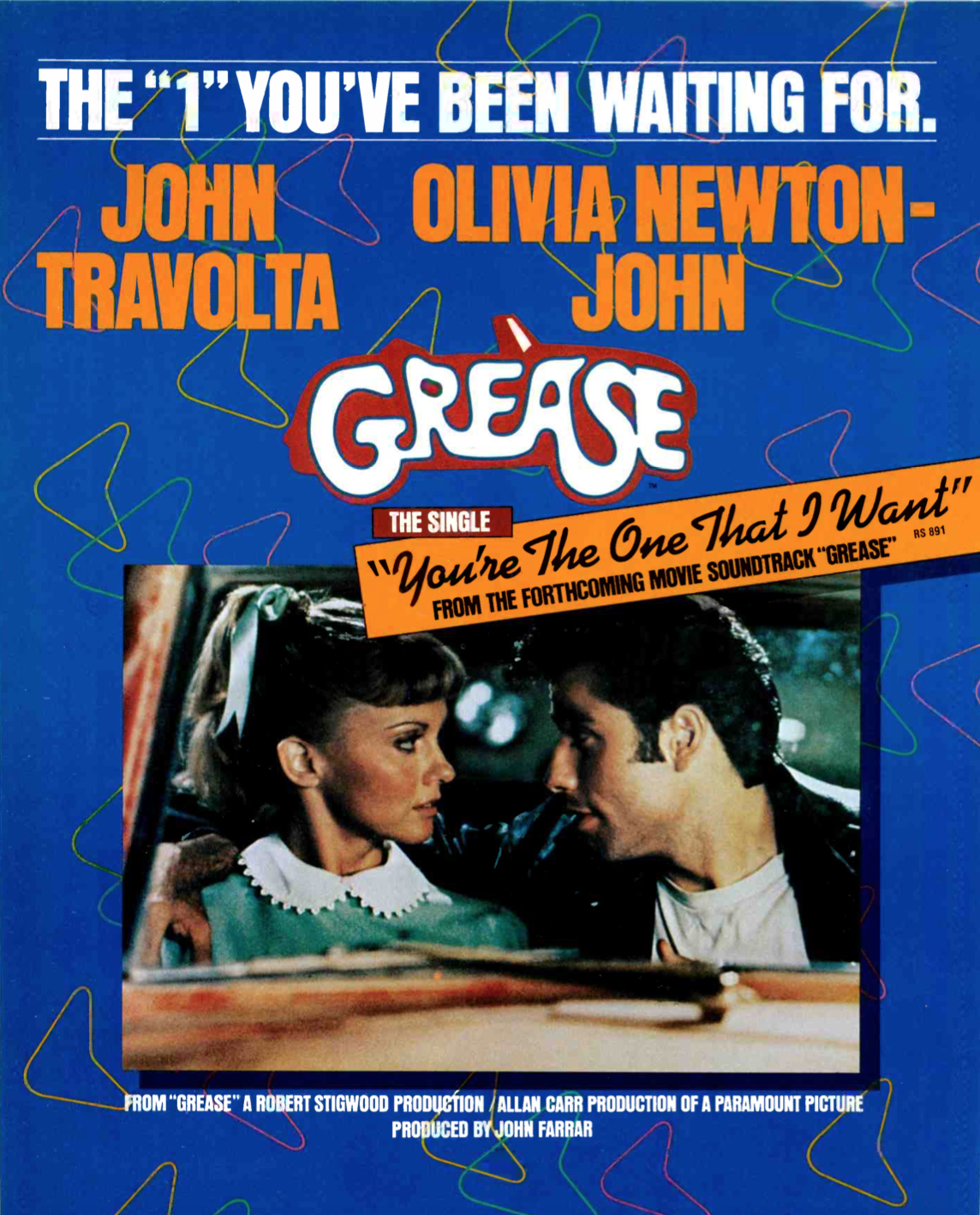
An ad for the first single appeared in the March 25, 1978, issue of Record World.
The first single released was a duet with the film’s stars, Olivia Newton-John and John Travolta. “You’re the One That I Want” lived up to its title and took off immediately, debuting at #49 on April 1 and ultimately reaching #1 on July 29. [It’s one of the best-selling singles in history, with a reported 15 million copies sold.]
Just two weeks after the duet was released, RSO Records also issued the album’s title track, performed by Frankie Valli. The legendary frontman of the Four Seasons was no stranger to chart-topping singles, having earned five with the vocal group.
On Aug. 12, two weeks after the Newton-John and Travolta single went to #1, Valli’s single also reached the top of the chart. While it may have seemed like the singer had been around forever, he was only 44 years old when “Grease” went to #1. (If you knew that the song was written for the film by Barry Gibb, raise your hand.)
Next up: another ON-J track, “Hopelessly Devoted to You,” the second written and produced by her longtime collaborator, John Farrar, for the film’s soundtrack. (He also wrote her #1s “Have You Never Been Mellow” and “Magic.”)
Just four weeks later, RSO released a second duet from the film’s co-stars. “Summer Nights” is a real showpiece in the film for Travolta and Newton-John.
During the week of Sept. 23, Newton John’s ballad was at #4, the duet was at #5 and Valli’s title track was still hanging around at #7.
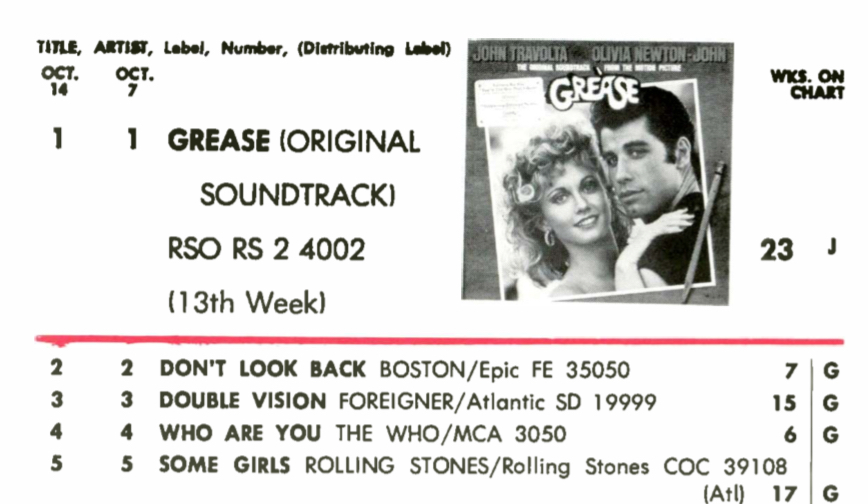
The film’s success and the soundtrack’s big singles prevented albums from Boston, Foreigner, The Who and the Stones from reaching the top.
Though ON-J’s song and “Summer Nights” peaked at just #4 on Record World, the soundtrack remained on top, staving off competition from a slew of classic rock bands.
Incidentally, among the albums other than Some Girls that camped out at #2 for multiple weeks during the Grease soundtrack’s run at the top were Boston’s Don’t Look Back (which actually reached #1 on Billboard) and Linda Ronstadt’s Living in the USA.
The film, produced by Robert Stigwood and Allan Carr, set many box-office records and became the highest-grossing musical ever, topping 1965’s The Sound of Music. (It remained the #1 live action movie musical until 2012.) It’s earned $396 million on a budget of a reported $6 million.
Saturday Night Fever (The Original Movie Sound Track) (25)
If you were born before roughly 1967, then you understand the full impact of the Saturday Night Fever soundtrack. (If you were old enough to see the movie in its initial, glorious run in 1977-78, then you really get it.) Saturday Night Fever captured and propelled a global cultural movement like few movies before or since, with its iconic, Bee Gees-led soundtrack driving the film’s dancefloor action. The double album delivered four #1 singles and won the Grammy Award® for Album of the Year in 1979.
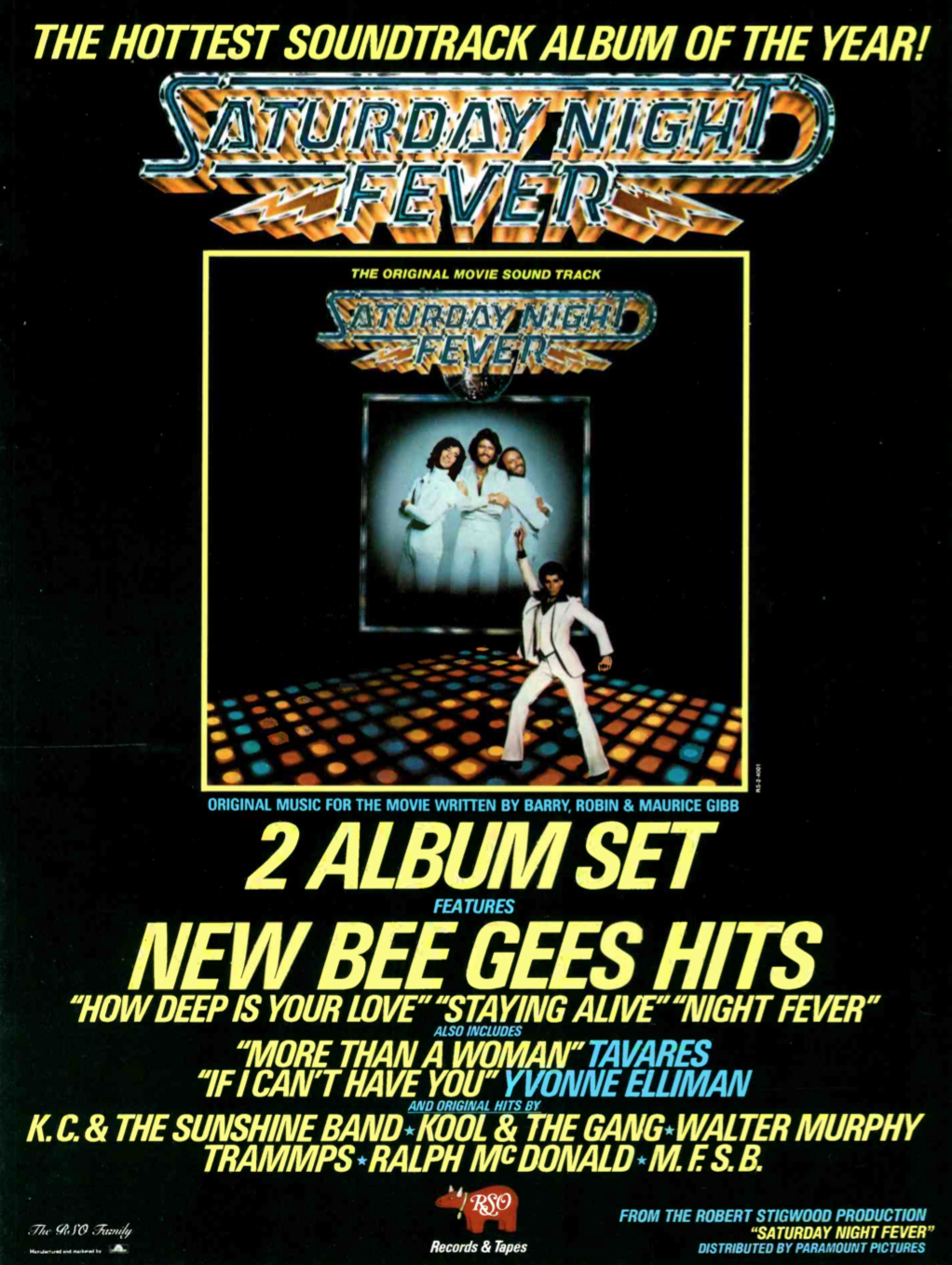
This ad for the album appeared in the Nov. 26, 1977 issue of Record World.
The two-record set was released on November 15, 1977, one month before the film’s Dec. 16 opening. The movie, produced by Robert Stigwood, received mostly favorable reviews and was an enormous hit, ultimately earning $237 million. Not a bad return for its reported $3.5 million budget.
But it was the music that dominated radio airwaves with no less than seven hit singles–ten, if one were to count three songs that are included on the soundtrack that each went to #1 well before the album’s release.
The seven #1 pop hits were “Jive Talkin'” and “You Should Be Dancing,” released by the Bee Gees in 1975 and 1976 respectively, “A Fifth of Beethoven” by Walter Murphy (1976), the Bee Gees’ “How Deep is Your Love” (1977),”Night Fever” and “Stayin’ Alive” (both 1978) and Yvonne Elliman‘s “If I Can’t Have You” (1978).
“The impact that came from it, even today, is inexplicable. It was inexplicable even then,” wrote the Bee Gees’ Barry Gibb in his essay for the 40th Anniversary edition in 2017.
Somehow the Trammps 1976 song, “Disco Inferno,” only reached #11 when it was re-released in spring ’78. Tavares’s cover of the Gibb Brothers’ “More Than a Woman,” topped out at #32, as radio programmers may have finally reached their limit.
On January 21, 1978, roughly one month after the film’s Dec. ’77 opening, the soundtrack reached #1. It remained at the top through July 8, another 24 consecutive weeks.
Watch the film’s great opening scene set to “Stayin’ Alive”
Among the titles that were blocked at #1: Queen’s News of the World, Wings’ London Town and Linda Ronstadt’s Simple Dreams.
RSO’s General Manager, Al Coury, talked to Record World about the $12.98 suggested list price for the two-record set, which at the time was considered huge. “You’d go to distributors… and they were all talking to me in pretty much the same terms, somewhere between $9.98 and $11.98, but never higher.
“Finally, though, Stigwood and I both decided we had a great album, we thought we had a great motion picture, and $12.98 was not too much to ask in view of what it was costing us. We had to pay a lot of royalties , we so decided to go with the higher price, and it turned out we made the right decision.”
The SNF soundtrack has sold a reported 40 million copies around the world.


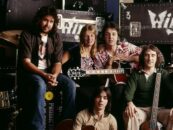
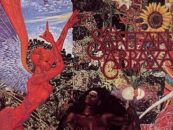
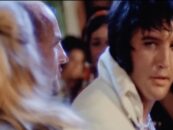
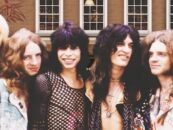

10 Comments so far
Jump into a conversationFYI, “Evergreen” is from “A Star is Born,” not from “The Way We Were.”
Thanks, Jack. Fixed.
The article states that both 52nd Street and the SNF soundtrack won Grammies for Album of the Year. Or did I mis-read that?
You are correct! Because of their different release dates, SNF won in ’79 and 52nd Street got it in ’80. (The eligibility year is generally Oct. 1 through Sept. 30.)
I was a senior in college in 1978 – spent the last semester’s weekends dancing into the wee morning hours, to “Saturday Night Fever” in particular, as well as other rock, disco, funk, and r&b of the period.
I still listened to, appreciated, and enjoyed, all my good old-time rock and roll, blues-rock, fusion jazz/rock and heavy rock, but it sure was a nice diversion – to socialize, get some blood flowing, shake your groove thing, and most importantly, dancing with the ladies.
Great time to be young – I wouldn’t trade any of the simple freedoms of that era, for ALL of the technology today.
I couldn’t agree with you more! I was in college and danced the nights away in the Philly area. So much innocent fun. Such freedom. The music was great! What a time to be young! I feel for my children and young grandchildren…they will never know that feeling of freedom and friendship.
According to Billboard, Gerry Rafferty’s “City To City” reached Number One on 08/07/1978. It only stayed there one week, but it was Number One nevertheless.So that’s seven total.
From the 4th paragraph of the article… Note: A few titles that didn’t reach #1 on Record World, hit the top on its rival, Billboard.
I was 12 the summer of ’78, the kids in my neighborhood loved Grease we spoke and acted like the characters. It was the first watershed moment for this Gen X’er
If you know if Peter Frampton played the guitar track on “Grease”, raise your other hand.